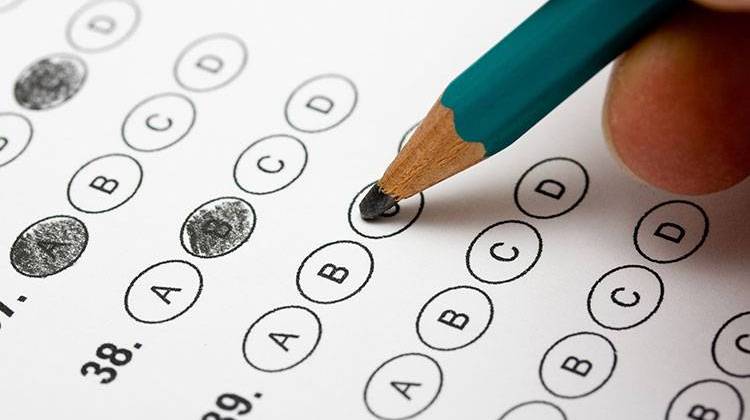In recent years, the question of whether schools should limit the number of AP classes students can take has arose. Proponents of limiting AP classes claim that it will lessen the pressure placed on students today. However, I believe there should not be a cap on AP classes, for it limits student choice.
People advocating for a limit on the test say that students are too pressured to take many AP classes. However, the students that take several AP’s are usually self-motivated. “If a student thinks they can handle a lot of AP’s, they should be allowed to take them,” freshman Eric Yi said.
In addition, setting a maximum number of AP classes a student can take also limits their potential. AP classes are rigorous courses that provide students with more knowledge. Limiting the number of AP classes also limit the amount of knowledge students can receive and the potential they can achieve. This is especially significant in low-income families who cannot afford extracurricular courses.
Not only will the cap limit students’ potential, but it will also force students to give up classes they intend to take. Students with a plan for what tests they want to take will be harmed by this requirement.
Besides IB classes, which are far rarer and not available to everyone, there is no equally challenging alternative for AP classes. Students will be coerced into taking easy classes, where they will not be challenged. Consequently, students will suffer from knowledge deficiency and will be disadvantaged in that subject compared to other students who take the AP class.
Some may argue that even if the number of classes a student can take is limited, students can still take the exam and get credit. However, the best preparation for the exam is taking the AP class, and students are more likely to fail the exam if they do not take the class.
Moreover, even though they are all challenging, some AP classes are more grueling than others. However, the limit does not factor in difficulty levels. Thus, the cap will pressure students into taking the most rigorous AP’s, in fear that they are “wasting” their few slots, rather than taking the classes they enjoy the most.
Lastly, the current system does not pressure students into taking an enormous amount of AP classes. If a student would prefer to take only a few AP classes, they may do so; likewise, if a student would prefer to take several AP classes, they may do so as well. The present system allows students to have full control over the number of AP’s they can take. However, the cap on AP’s limits their choices.
Placing a cap on the number of AP classes a student can take is extremely detrimental, for it would severely limit students’ choices and would be a disadvantage to low-income students. As a result, the number of AP classes a student takes should be the decision of the student alone and not the school.
-By Ashley Ye















